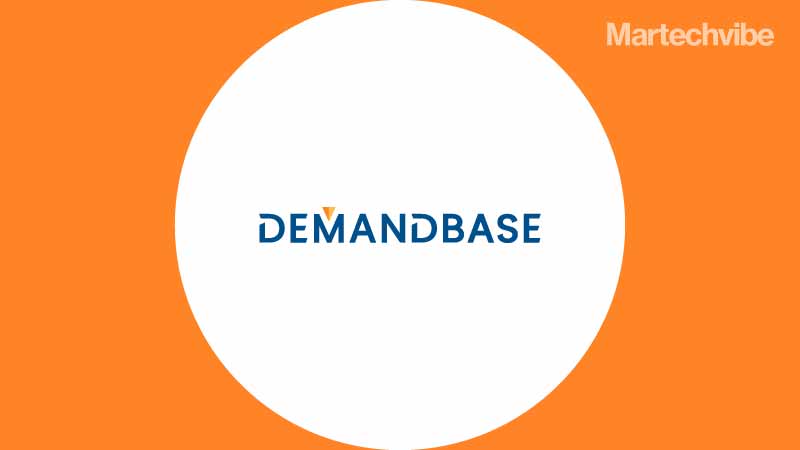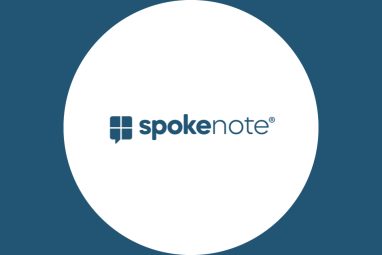Demandbase Releases Improved Corporate Hierarchies
Demandbase, the B2B go-to-market leader, announced it has updated its company taxonomies to provide users with a deeper understanding of their customer and prospect accounts. This enables users to easily identify whether a company is a global parent, subsidiary, branch or independent company (e.g. not part of a corporate family tree). Available in both Demandbase […]
Topics
What to Read Next

Demandbase, the B2B go-to-market leader, announced it has updated its company taxonomies to provide users with a deeper understanding of their customer and prospect accounts.
This enables users to easily identify whether a company is a global parent, subsidiary, branch or independent company (e.g. not part of a corporate family tree). Available in both Demandbase Data Cloud and Demandbase Sales Intelligence Cloud, these changes promote higher account and lead match rates and more accuracy overall.
“Corporate taxonomies may not get a lot of buzz, but they’re incredibly important in the sales world,” says Brewster Stanislaw, chief product officer at Demandbase. “For example, if sales teams don’t know whether a company record in their CRM is a branch — like a retail store location — or an independent business entity, they can’t assign that account to the right salesperson. By upgrading our taxonomies and implementing branch-level matching, we’re enabling better account planning and sales targeting. Sales teams can now route leads properly, understand their accounts more deeply, and even determine if an account is viable in the first place. We’re really eager to see how this accelerates and improves our customers’ sales efforts. We’re committed to minimising friction for sellers so they can close more deals, and this is a big step in that direction.”
Also Read: Knowing the Conscious Consumer
There are key differences between companies classified as a global parent, subsidiary, branch or independent company that are important for salespeople to know. For one, it helps them assign accounts to the right representatives and avoid unnecessary conflict between reps who both think an account is theirs. It also allows sales teams to uncover cross-selling opportunities and get warm introductions to parent and subsidiary companies when applicable. Additionally, sales can use this information to expand its footprint across related accounts with enterprise or master services agreements.
Furthermore, having access to these classifications means that branch and account hierarchies will be improved, and users will be able to better manage corporate family tree records. Demandbase already has data on nearly 1 million branch locations for 24,000 of the largest companies in the world and has opened the gates to add even more.









































































































